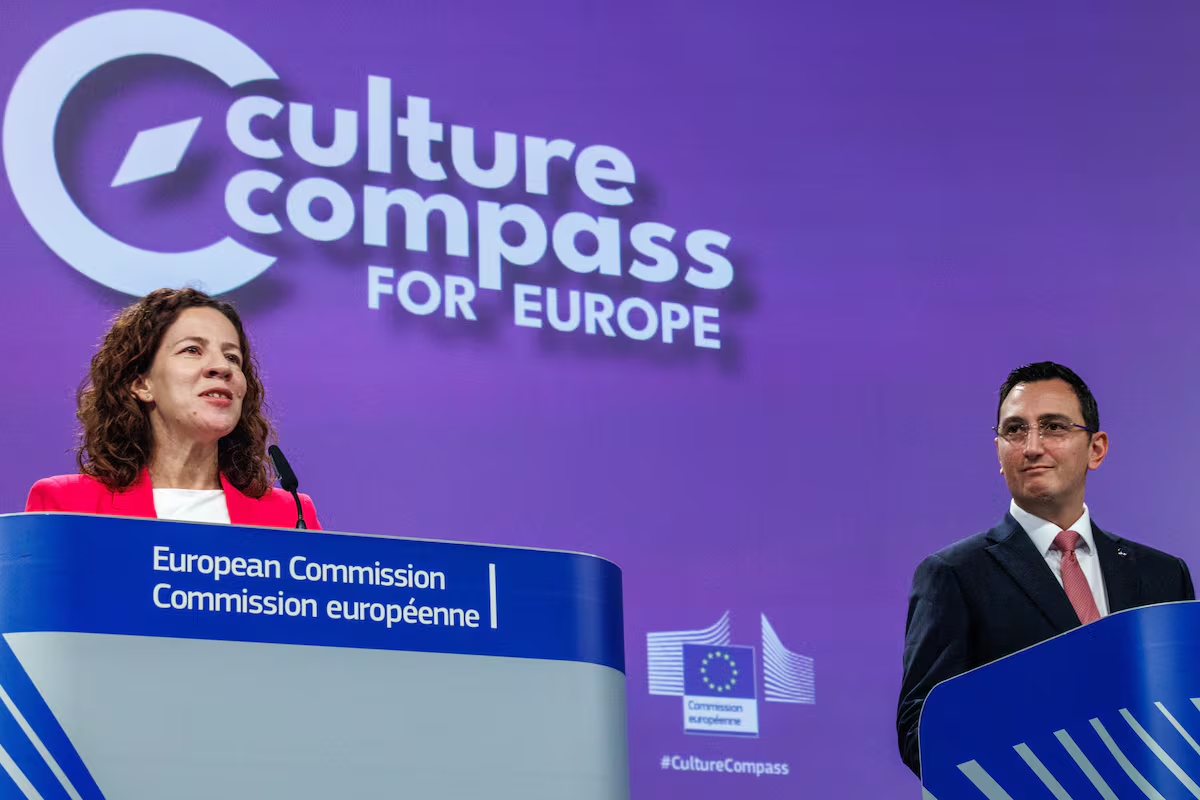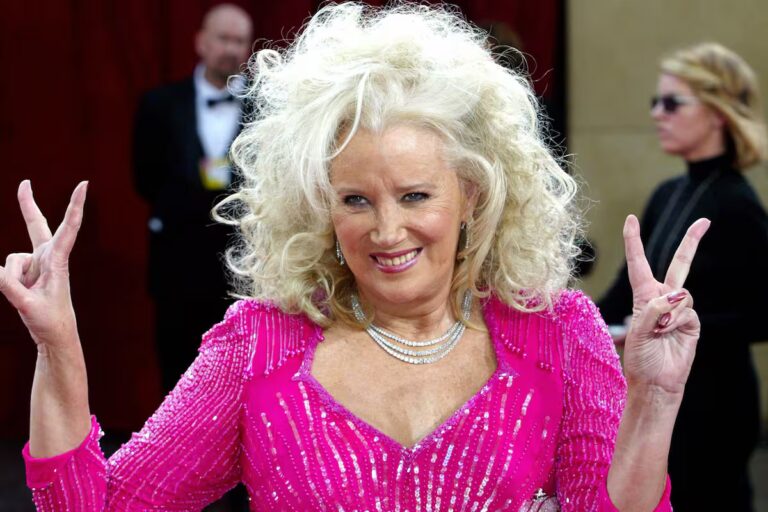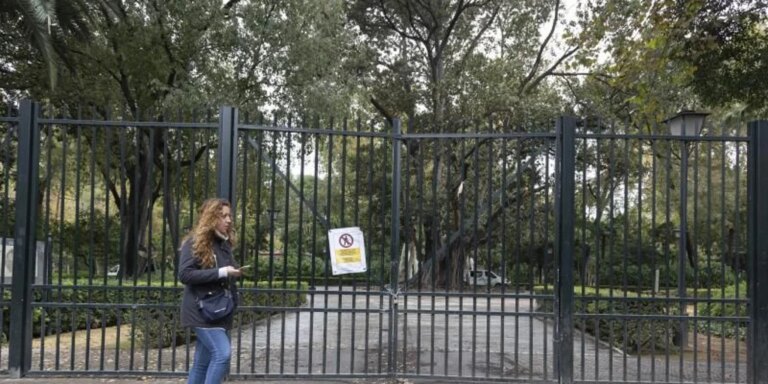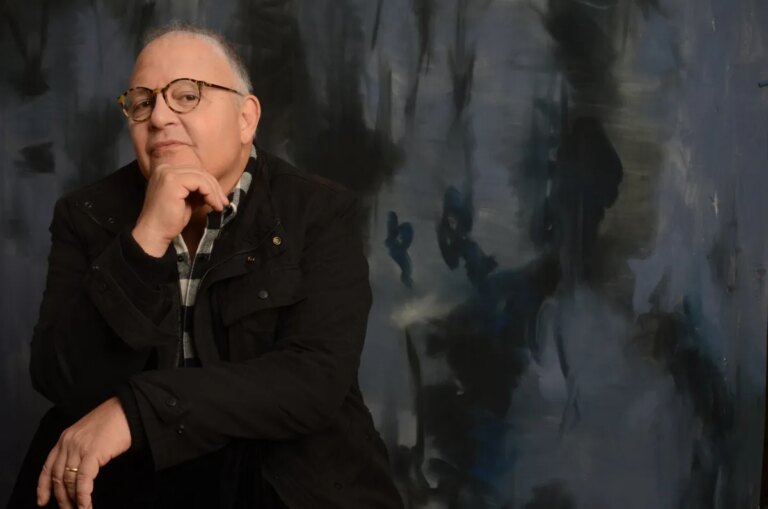
Culture is one of the best ways to foster unity in an increasingly divided and polarized Europe. But its main driving forces, artists, need to be guaranteed that they can carry out their work in decent conditions and that their greatest asset, their artistic freedom, is also respected, as seen in the extreme example of the shutdown during the coronavirus pandemic. To this end, the European Commission this Wednesday proposed the creation of an EU “Artists’ Charter” that would guarantee “fair working conditions for artists and cultural workers”, within the framework of a series of measures that also aim to “guarantee artistic freedom”.
“In times of uncertainty and change, culture strengthens our democracy, social cohesion, competitiveness and resilience,” emphasizes the European Commission in its presentation of the European Cultural Compass. This is the kind of “practical and realistic” roadmap that will ensure a “vibrant and integrated European cultural landscape” across the EU in the long term.
However, ensuring that culture “maintains and strengthens” “European values and cultural rights”, as Brussels proposes, simultaneously requires that artists be able to create without restrictions, both material and ideological, while knowing that they can earn a living from their work.
“Culture is work and workers should be given dignity, because applause doesn’t pay rent,” recalled Glenn Micallef, Secretary of State for Intergenerational Equity, Youth, Culture and Sport.
For this reason, within the framework of the Compass, which is currently only a plan to be developed in the future with more concrete proposals, it is proposed to create an EU Artists Charter that would “establish fundamental principles, guidelines and commitments for fair working conditions in this field”. The idea advanced by Micallef is to “make concrete commitments to fair working conditions (…) and emphasize the need for better protection, better social security coverage and safer working conditions for artists and creative professionals who make a huge contribution to our economy and above all to our society.”
The beginning of document collaboration
The document has been developed in collaboration with high-level discussions with stakeholders and social partners to ensure that the Charter “reflects the needs of cultural and creative communities”, and also aims to “strengthen compliance and accountability, in particular among beneficiaries of EU cultural funds”, the European Commission said in a forward motion.
In addition to bread, Brussels also wants to ensure an air of artistry: creative freedom. “Artists must create without fear of interference,” emphasized Roxana Minzatou, Vice-President of the Committee for Social Rights and Competencies, Quality Employment and Preparation.
To achieve this objective, the Compass envisages several initiatives, including the signing of a joint declaration by the European Commission, Parliament and Council. “Freedom of artistic expression and creativity are the cornerstones of culture and play an essential role in the promotion of democratic societies and the defense of European values,” the draft states. To this end, the commitments of the three European institutions go on to say that in addition to “protecting the independence of cultural institutions,” they also express a commitment to “freedom of artistic expression and respect for EU values as pillars of democracy and fundamental rights in the EU,” and to “protect artists and cultural professionals from censorship, intimidation and unreasonable interference.”
Minzatou, who recently did not miss the opportunity to highlight the economic and competitiveness importance of each level of the Commission, also recalled the economic importance of the cultural sector in the EU. Approximately 8 million European citizens work in the cultural sector, which generates €20 billion of added value every year and revitalizes not only big cities but also rural areas.



